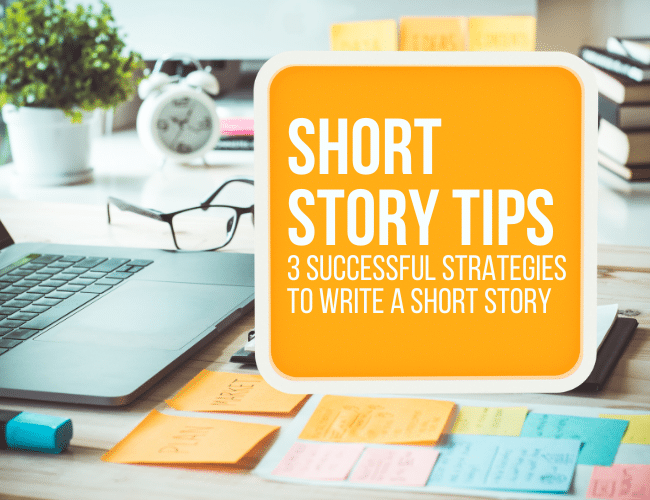1. Understand the Short Story Format:
- Short stories are typically shorter than novels, ranging from a few hundred to a few thousand words. They focus on a single theme, event, or character, often with a clear beginning, middle, and end.
2. Start with a Strong Idea:
- A compelling short story begins with a unique idea or concept. It could be a thought-provoking "what if" scenario, a character's internal conflict, or an intriguing event.
3. Develop Relatable Characters:
- Create well-defined characters with distinct personalities, motivations, and flaws. Readers should connect with or understand the characters' struggles.
4. Craft a Clear Plot:
- Short stories require a concise and focused plot. Define the central conflict, build tension, and aim for a satisfying resolution.
5. Show, Don't Tell:
- Use descriptive language, dialogue, and actions to reveal your story's elements. Show the reader what's happening and allow them to draw their own conclusions.
6. Set the Scene:
- Create a vivid setting that complements your story. Use sensory details to immerse readers in the world you've crafted.
7. Create Suspense and Tension:
- Engage readers by introducing conflict and building tension. This keeps them invested in the story's outcome.
8. Focus on a Single Theme:
- Short stories work best when they explore one central theme or idea. This allows for depth and cohesion in the narrative.
9. Craft a Memorable Opening:
- The first few sentences are crucial. Hook readers with an intriguing opening that draws them into the story.
10. Develop a Twist or Resolution:
- Many short stories end with a twist, revelation, or resolution that leaves a lasting impact. Consider what you want readers to take away from your story.
11. Revise and Edit:
- Writing is rewriting. Revise your story for clarity, consistency, and coherence. Edit for grammar, punctuation, and style.
12. Read Widely:
- To become a better short story writer, read a wide range of short stories from various genres and authors. Analyze what works and what doesn't.
13. Seek Feedback:
- Share your work with writing groups, peers, or writing workshops. Constructive feedback can help you refine your storytelling skills.
14. Embrace Constraints:
- Constraints in short stories, such as word limits or specific themes, can spark creativity and force you to be concise in your writing.
15. Experiment with Perspective and Style:
- Don't be afraid to experiment with different narrative perspectives (first-person, third-person, etc.) and writing styles to find what suits your story best.
16. Draw Inspiration from Life:
- Everyday experiences, emotions, and observations can be a rich source of inspiration for short stories. Pay attention to the world around you.
17. Keep Writing:
- The more you write, the better you become. Consistent practice is key to honing your short story writing skills.
Remember that writing short stories is both an art and a craft. It may take time to develop your unique voice and style. The key is to write regularly, embrace experimentation, and stay open to inspiration from the world around you. With dedication and practice, you can become a skilled and captivating short story writer.




Comments (0)